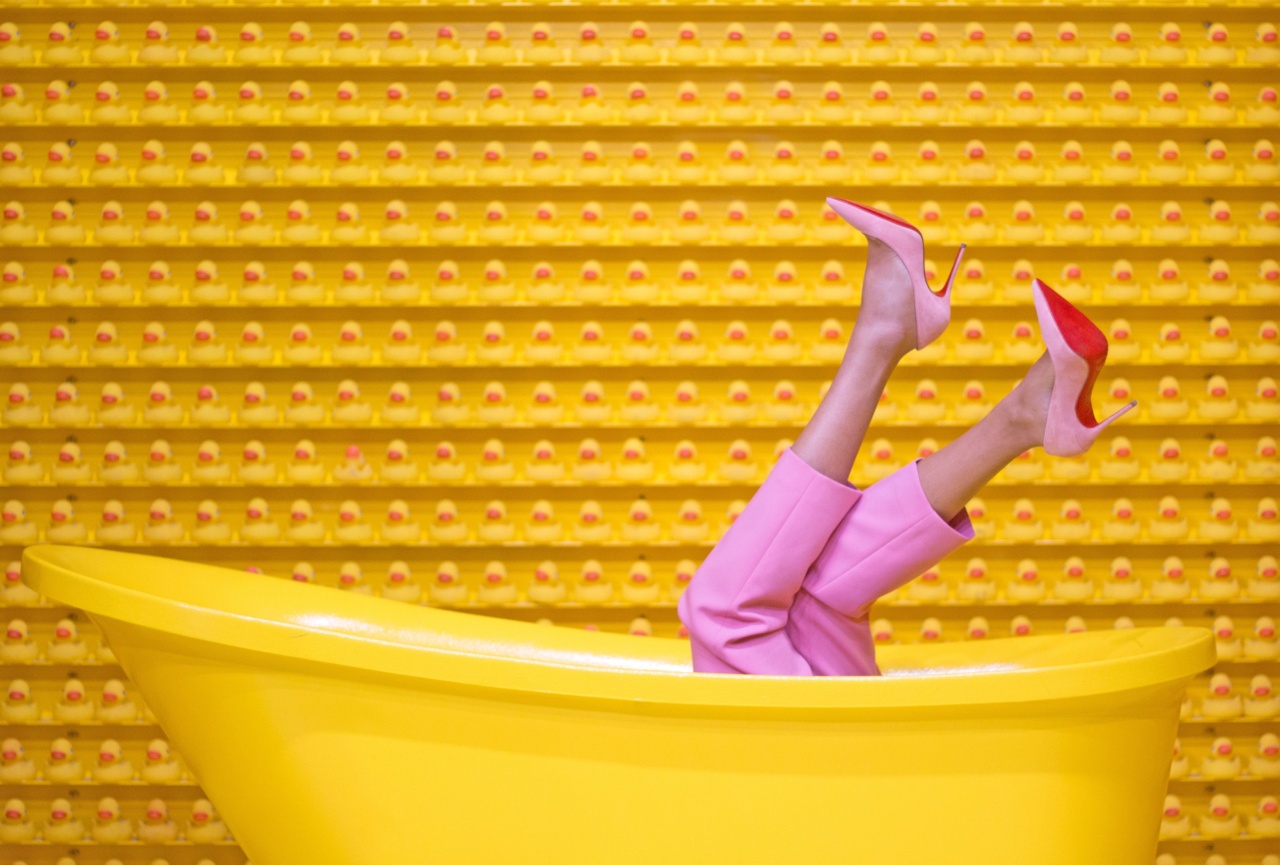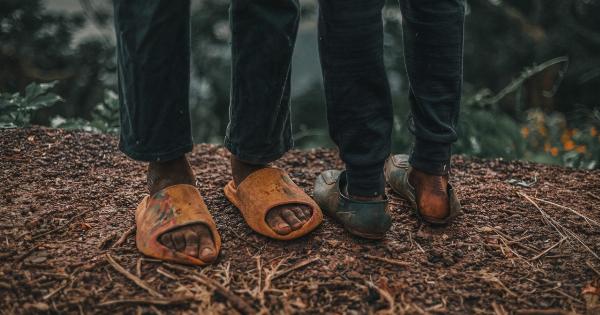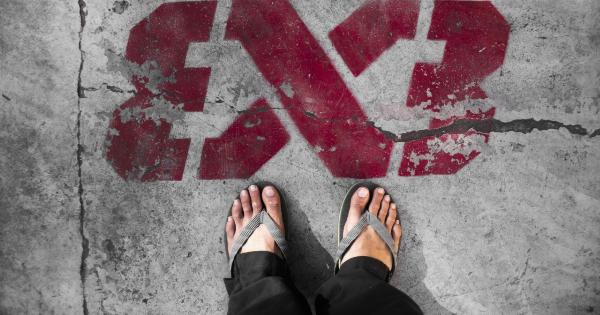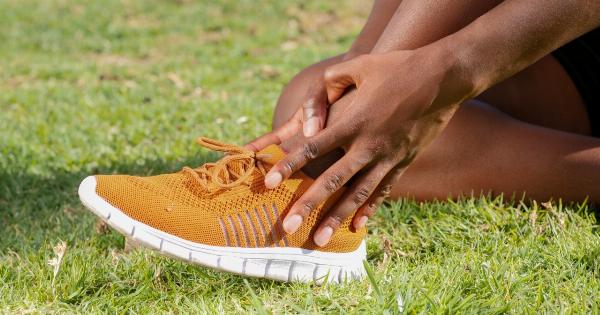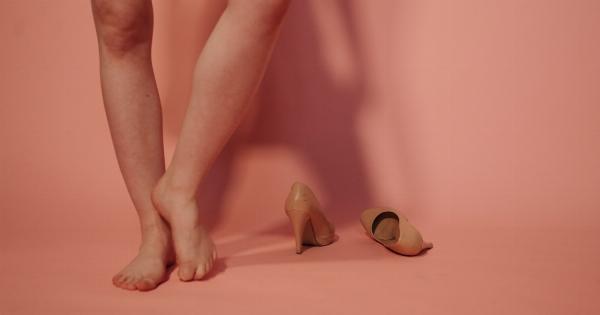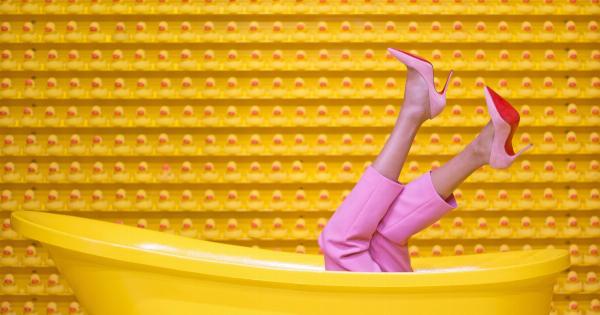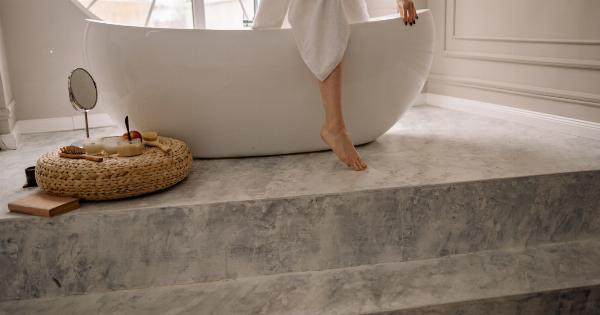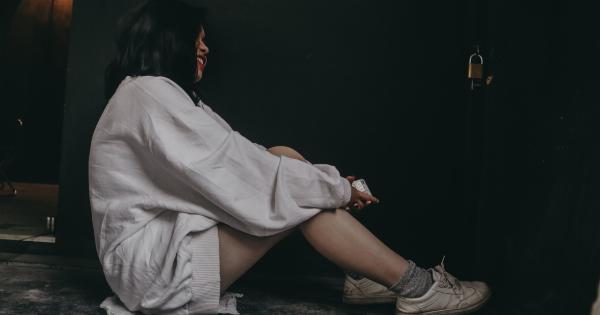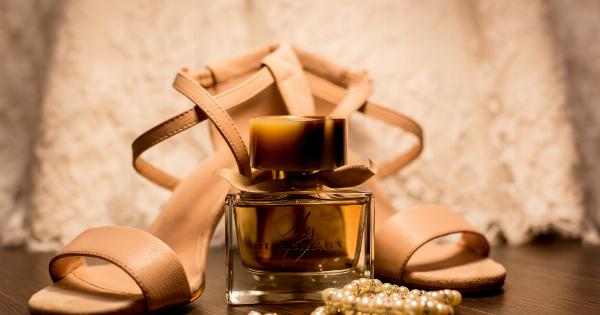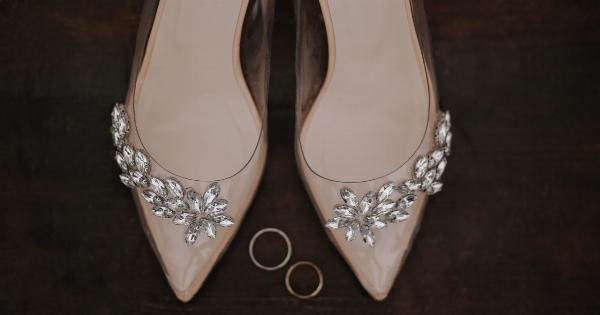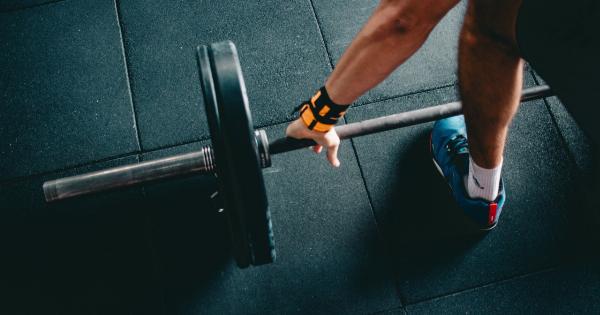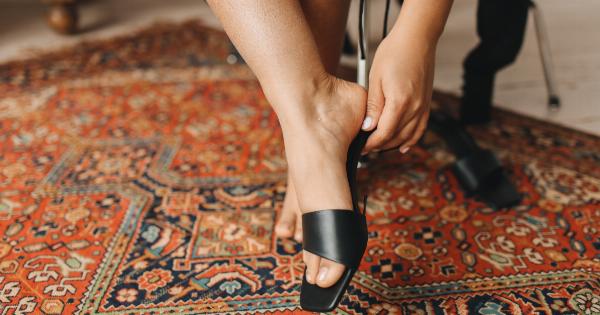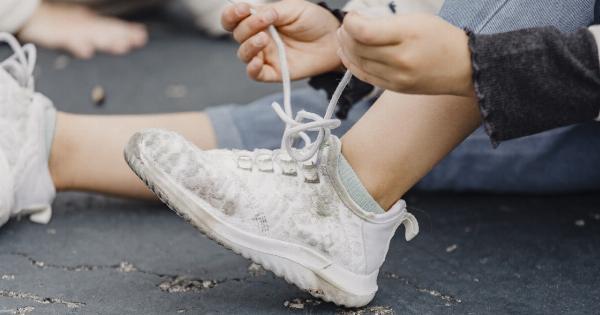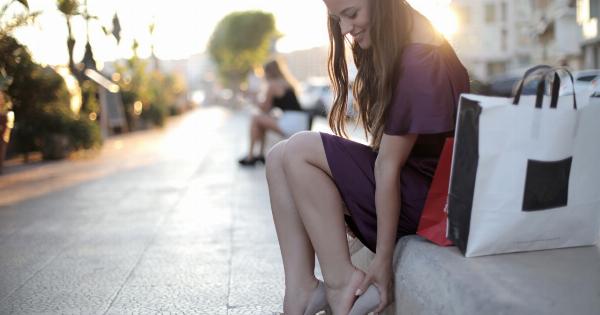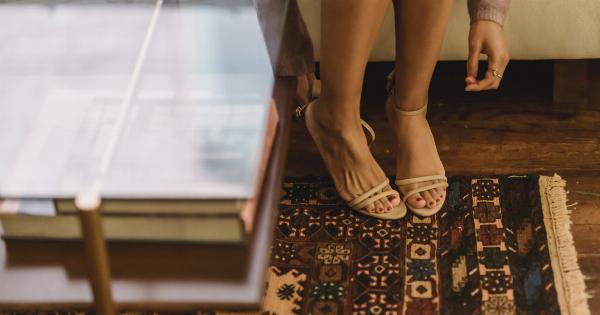When it comes to footwear, comfort and support are essential for maintaining proper foot health. However, some shoes do more harm than good. Wearing the wrong kind of shoes can lead to various foot problems and discomfort.
In this article, we will explore the top ten worst shoes for your feet and why you should avoid them.
1. High Heels
High heels are incredibly popular among women, but they can cause significant damage to the feet.
The unnatural position of the foot in heels puts immense pressure on the toes and can lead to a host of issues, including bunions, hammertoes, and metatarsalgia. Additionally, high heels alter the natural alignment of the spine and can contribute to back pain.
2. Pointy-Toed Shoes
Pointy-toed shoes may look stylish, but they can squeeze the toes unnaturally, leading to deformities like bunions and corns. These shoes can also cause significant discomfort and make walking difficult.
Instead, opt for rounded or square-toed shoes that allow the toes to spread naturally.
3. Flip-Flops
Flip-flops are convenient and easy to slip on, but they lack arch support and offer minimal cushioning. The flat sole does not provide adequate shock absorption, leading to increased stress on the feet and other parts of the body.
Wearing flip-flops for extended periods can result in plantar fasciitis, tendonitis, and even stress fractures.
4. Ballet Flats
Ballet flats may be comfortable for short durations, but wearing them for extended periods can cause strain on the feet. They lack arch support and do not provide enough shock absorption, which can lead to foot fatigue and various foot problems.
If you must wear ballet flats, consider adding orthotic inserts for extra support.
5. Thin-Soled Shoes
Thin-soled shoes, such as flats with minimal cushioning or minimalist footwear, provide inadequate shock absorption and protection to the feet. Walking or running in these shoes can lead to discomfort, stress fractures, and overuse injuries.
Opt for shoes with more substantial soles and cushioning to reduce the risk of foot problems.
6. Platform Shoes
While platform shoes may provide added height without the discomfort of high heels, they can still be detrimental to foot health. The uneven distribution of weight across the foot can lead to ankle instability and increased pressure on certain areas.
Prolonged wear can cause foot pain, tendinitis, and even stress fractures.
7. Ill-Fitting Shoes
Shoes that are too tight or too loose can cause a myriad of foot problems. Tight shoes compress the toes and can lead to bunions, corns, and ingrown toenails.
On the other hand, overly loose shoes fail to provide adequate support, resulting in instability and increased risk of falls. Always ensure that your shoes fit properly to maintain foot health.
8. Stilettos
Similar to high heels, stilettos pose a significant risk to foot health. The tall, slender heel places excessive pressure on the ball of the foot, leading to pain, calluses, and the development of Morton’s neuroma.
Stilettos can also cause balance issues and increase the likelihood of ankle sprains.
9. Sneakers with Poor Support
While sneakers are generally considered comfortable, those without proper arch support can be detrimental to foot health. Wearing sneakers that lack support can lead to conditions like plantar fasciitis, shin splints, and flat feet.
It is crucial to choose sneakers that provide adequate arch support and cushioning for optimal foot health.
10. Wedges
While wedges offer better stability than stilettos, they can still cause foot problems. The alignment of the foot on a wedge shoe can put excessive strain on the arch and lead to arch pain and plantar fasciitis.
It is essential to choose wedges with adequate arch support and cushioning.
Conclusion
Choosing the right shoes is vital for maintaining foot health and preventing foot problems. Avoiding the shoes mentioned above can help minimize the risk of bunions, corns, plantar fasciitis, and other foot-related issues.
Invest in footwear that offers proper arch support, cushioning, and a comfortable fit to ensure your feet stay happy and healthy.
